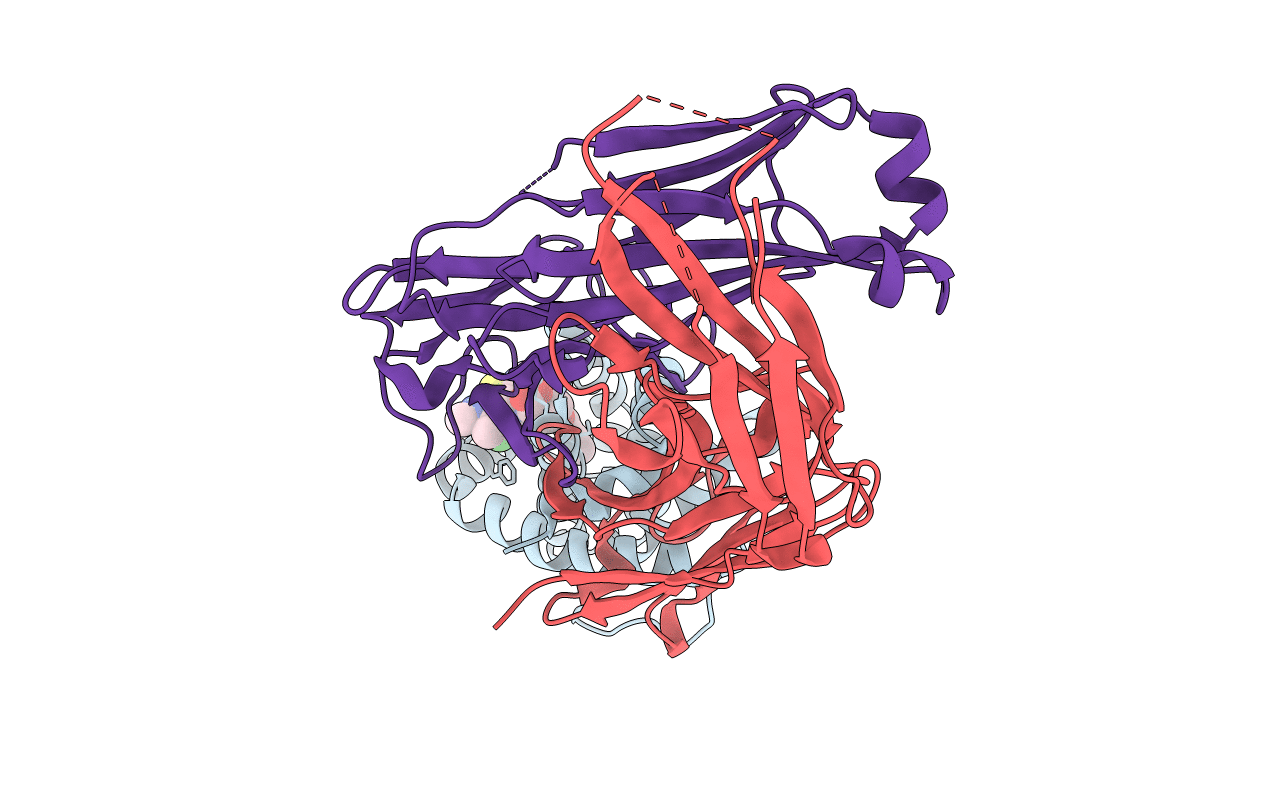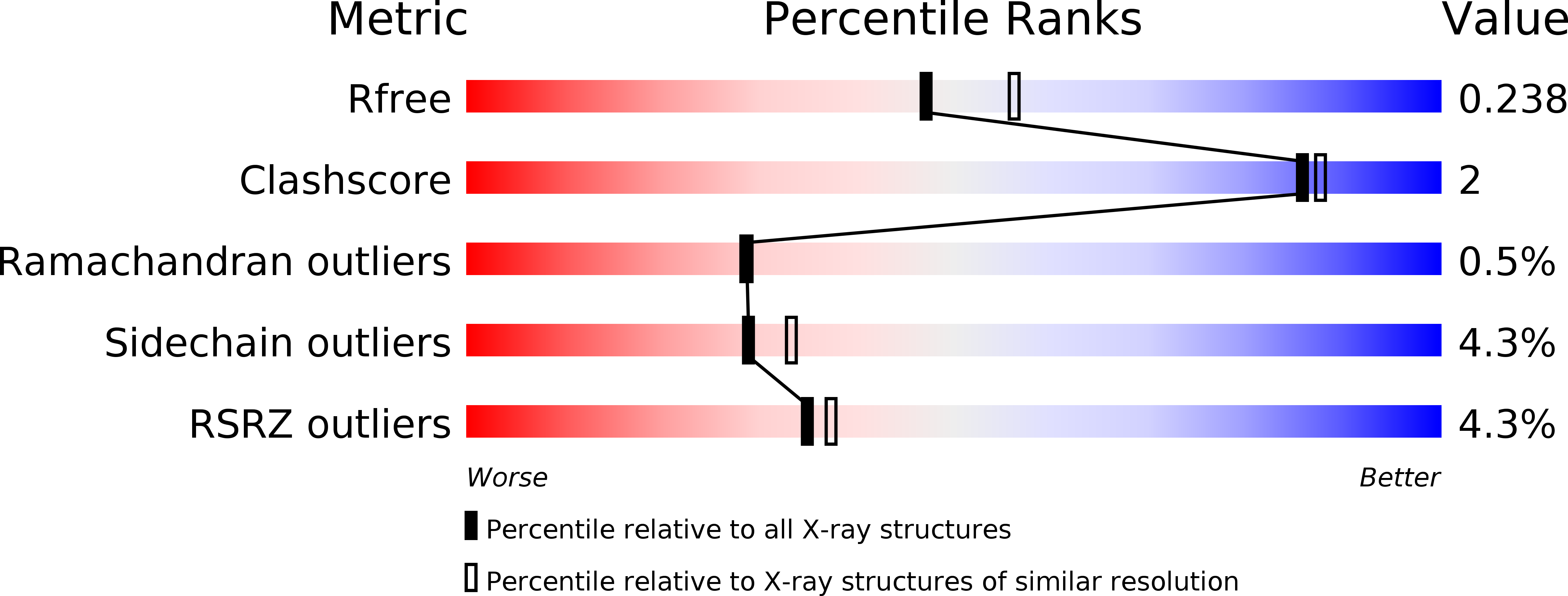
Deposition Date
2018-02-18
Release Date
2018-12-26
Last Version Date
2024-10-16
Entry Detail
PDB ID:
6FS0
Keywords:
Title:
INDUCED MYELOID LEUKEMIA CELL DIFFERENTIATION PROTEIN FABCOMPLEX IN COMPLEX WITH AZD5991
Biological Source:
Source Organism(s):
Homo sapiens (Taxon ID: 9606)
Expression System(s):
Method Details:
Experimental Method:
Resolution:
2.25 Å
R-Value Free:
0.23
R-Value Work:
0.19
R-Value Observed:
0.19
Space Group:
C 1 2 1


